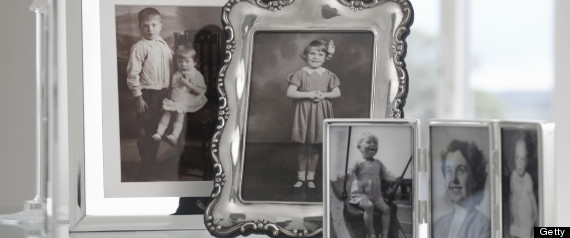
Having a family history of cancer raises your own risk of the disease -- even if it's not the exact same type, according to a new study.
European researchers found that family history increases the risk of not only concordant cancer -- which is the same cancer -- but also discordant cancer, or a different kind of cancer. The findings, published in the journal Annals of Oncology[1] , held true even after taking into account other potential risk factors, such as alcohol or tobacco use.
"Our results point to several potential cancer syndromes that appear among close relatives[2] and that indicate the presence of genetic factors influencing multiple cancer sites," study researcher Dr. Eva Negri, who is the head of the Laboratory of Epidemiologic Methods at the Mario Negri Institute for Pharmacological Research in Italy, said in a statement. "These findings may help researchers and clinicians to focus on the identification of additional genetic causes of selected cancers and on optimizing screening and diagnosis, particularly in people with a family history of cancer at a young age."
The study is based on data from 12,000 cancer cases that occurred between 1991 and 2009 in 13 different sites, including the kidneys, breast, ovaries, prostate, liver, colorectal, stomach, mouth and esophagus. Researchers compared these cases with 11,000 people who didn't have cancer, and specifically examined family history of cancer and lifestyle risk factors.
Researchers found associations between having a family history of cancer and having a higher risk of cancer yourself, even if the cancer is of a different type. For example, if a woman has a close relative with colorectal cancer, she has a 1.5-fold higher breast cancer risk.
And if a person has a first-degree relative with cancer of the larynx, he or she has a 3.3-fold increased risk of oral or pharyngeal cancer. If a woman had a first-degree relative with breast cancer, she has a 2.3-fold higher ovarian cancer risk.
For people with a first-degree relative with bladder cancer, their own risk of prostate cancer is 3.4-fold higher.
Researchers noted that some of this increased risk of cancer could come from shared environments, such as family smoking or drinking habits. But they also said there's evidence genetics seems to play some sort of role.
Also on HuffPost:
References
- ^ journal Annals of Oncology (annonc.oxfordjournals.org)
- ^ appear among close relatives (www.eurekalert.org)
- ^ Send us a tip (www.huffingtonpost.com)
- ^ Send us a photo or video (www.huffingtonpost.com)
- ^ Suggest a correction (www.huffingtonpost.com)

0 comments:
Post a Comment